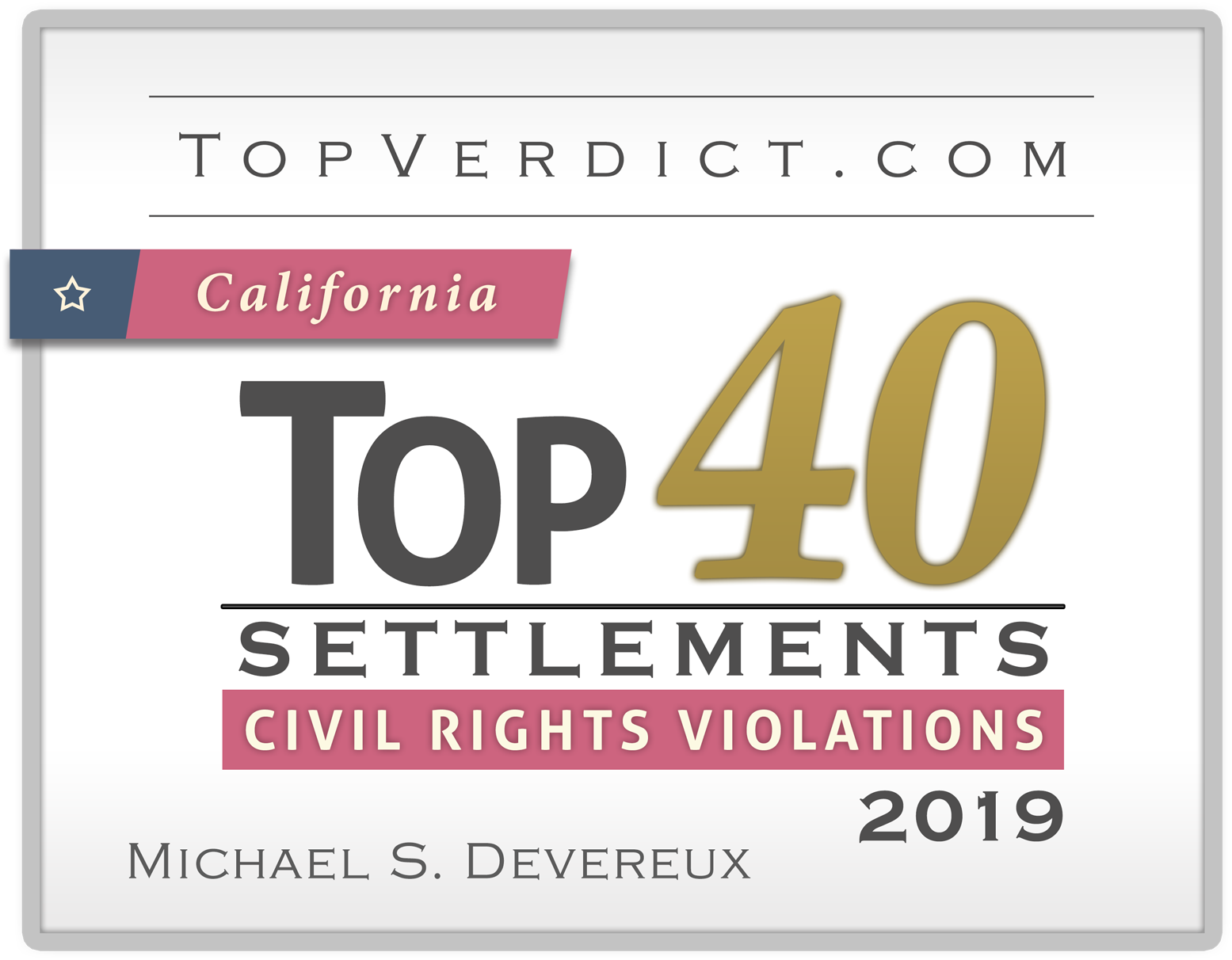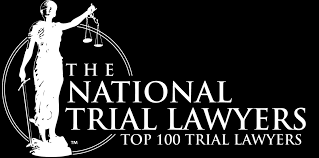Supervised Release / Probation Violation
Supervised Release / Probation Violation
Federal Probation Officer
If you are on probation or supervised release, you will be supervised by a federal Probation Officer. Expect your federal probation officer to be actively involved in supervising you. Probation and supervised release involve strict rules called "conditions," which include drug testing and staying out of trouble. It is the probation officer's job to make sure that you follow these rules, and to report to the judge if you do not. TRY TO ESTABLISH A GOOD WORKING RELATIONSHIP WITH YOUR PROBATION OFFICER, SO YOU CAN AVOID PROBLEMS THAT COULD LEAD TO VIOLATIONS. If you have problems, call your attorney and ask for help.
What Is A Violation
If your probation officer thinks you have broken one of your conditions, you may be charged with its violation. If the federal judge finds that you have violated, you could go to prison. IF YOU ARE HAVING TROUBLE WITH YOUR PROBATION OFFICER OR THINK YOU ARE IN DANGER OF BEING VIOLATED, CALL YOUR ATTORNEY. Often your attorney can resolve a supervision problem before there is a formal violation charge.
Notice of Violation
Your probation officer or the federal prosecutor may file a violation notice, telling the judge that they think you have violated.
Initial Appearance
You will usually appear before the same federal judge who sentenced you. The judge will explain your rights and make sure you have a lawyer. If you had a Federal Defender before, that attorney will probably represent you. In some cases you may get a different attorney. If you had a private lawyer but can no longer afford to pay, the court will appoint a lawyer for you if you qualify. Instead of pleading guilty or not guilty, you will admit or deny the charged violation(s). This may happen at a separate court date shortly after your initial appearance.
Violation Hearing
If you deny the charges, there may be a hearing where both sides have the chance to put on witnesses and evidence. There is no jury; the judge decides what happened. It is your decision whether or not to testify. The rules at a violation hearing are somewhat different from those at trial. Your lawyer will explain more.
Consequences of a Probation Violation
If the judge finds that you violated the conditions of your probation, s/he can either keep you on probation or revoke your probation. If probation is continued, the judge can change the conditions. If probation is revoked, the judge will resentence you. The law says that the judge must revoke if you possessed drugs or guns. The advisory Sentencing Guidelines apply to revocations. Your lawyer will explain more.
Consequences of a Supervised Release Violation
Supervised release is different from parole. Parole substitutes for part of a prison sentence, and if you violate you just serve the rest of your sentence. Supervised release is a separate part of your federal sentence that follows prison. If you violate, you will get a new prison term for the violation even if you served all the time on your original sentence. Also, your sentence for the violation can include another term of supervised release after you get out of prison again. Your lawyer will explain how the Sentencing Guidelines apply to your situation.
If Violation Includes New Criminal Charges/h3>
All violations of the law are also violations of supervision. If you get arrested on state or federal charges while on supervision, you will probably be violated in federal court. Your sentence for the violation will be separate from whatever sentence you might get in the other case, and will probably run consecutively to it. Your sentence for the violation is punishment for disobeying the federal court; your sentence in the new case is the punishment for whatever you did to break the law. Discuss this with your attorney.
Happy Clients Years of Experience Criminal Cases Civil Cases
Testimonials
One of The Most Ethical Lawyers I’ve Ever Known...
Let me start by saying I am extremely pleased by Mr. Devereux's work, professionalism, and devotion to his clients. He was very honest and never made any false promises about the outcome of my case nor did he try to seek compensation further than our initial contract. I initially consulted and even hired other experienced attorneys but nothing got accomplished. Mr. Devereux worked on my case for over six months and was able to get my case dismissed which I was told by previous attorneys was impossible. My husband and I are forever grateful for his great work!
Brillant & Informative Attorney
Michael came to us when we were in crisis and had just lost 500k in an internet wire fraud hack job by criminals. He lightened us up with good information and follows up. Just a really nice good guy and easy to talk too.
Internet Extortion Case
When I thought my case was impossible, Michael came to the rescue. His knowledge of internet forensics is beyond impressive. I cannot thank him and his team enough for all of their hard work.
Great Attorney
Mr. Devereux and his firm did an outstanding job with understanding and handling my case. From the initial consultation on the phone, Mr. Devereux put me at ease that the situation could be taken care of. Let me just say that I'm not an educated man, but I do know how to treat people, and I know when someone has a good heart. I would like to personally thank Mr. Devereux for communicating with me constantly during the process, and for responding to my emails and/or phone calls in a very timely fashion. Thank you!!!!
Five Stars Isn't Enough...
When I had the good fortune to be represented by Mr. Devereux I was reminded that God does indeed work through others. I owe this man my life, literally. Everyone told me my case was hopeless, that I was a fool to take this to trial and this man had faith in me and his ability to give me a fair trial and ultimately an astounding new belief in humanity. Watching him in action was like watching a surgeon save a life.I believed he truly cared about me and my case. I can't thank him enough. Thank you Mr. Devereux!!
Super Lawyer beat the pants off the Prosecutor & the Judge-WINS unanimously in less than 40 minutes of Jury deliberation.
YES, I highly recommend Michael as a Super Lawyer. Michael took my case to the full jury trial because the issue was politically sensitive and he beat the pants off the Prosecutor. The prosecutor commented such and shook his hand at the end. Michael is a fact driven lawyer. He fights to WIN. Although the experience is troubling for anyone to have to go to court, Michael takes the burden away & off the client.
Free Consultation
 ––>
––>


.png)






